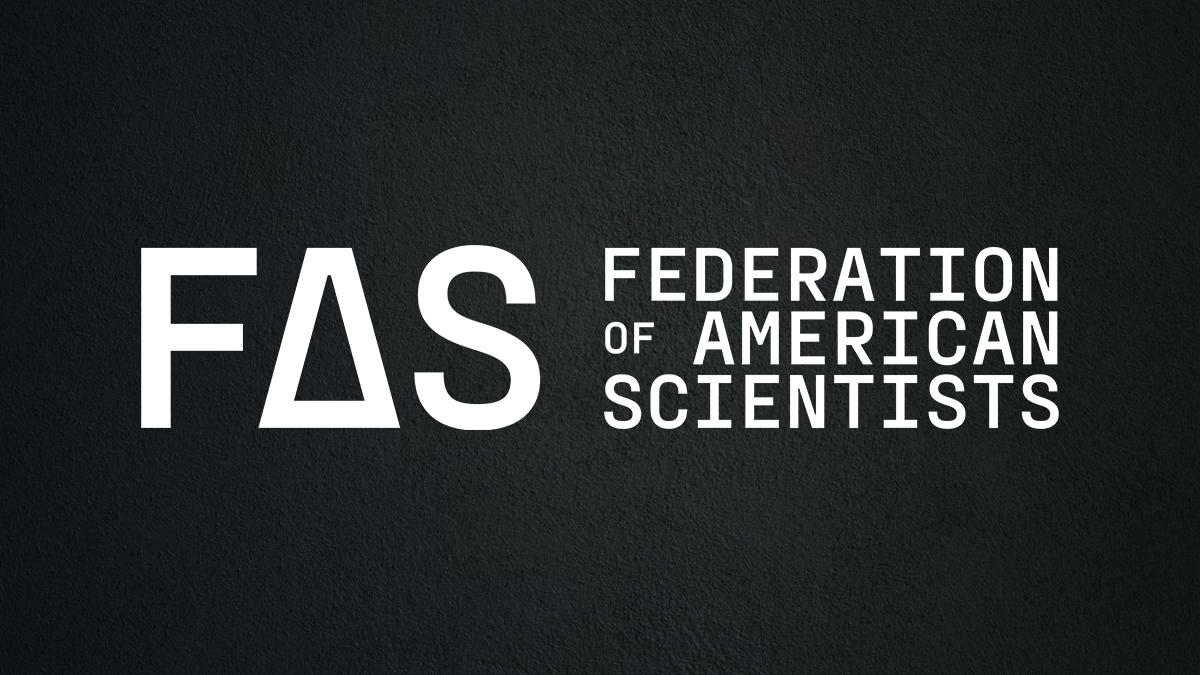
Recipients of Stage 2 of the U.S. National Science Foundation Civic Innovation Challenge announced
Fourteen community-driven projects selected from a highly competitive national competition will receive funding to pilot innovative solutions across the U.S.
September 10, 2025; Washington, D.C. — Fourteen teams from ten U.S. states have been selected as the Stage 2 awardees in the Civic Innovation Challenge (CIVIC), a national competition that helps communities turn emerging research into ready-to-implement solutions. Chosen from 55 Stage 1 projects through a rigorous review process, these teams will each receive up to $1,000,000 to launch pilots that address local priorities while building scalable, sustainable and reproducible models for maximum impact. Stage 2 will officially begin in October with an in-person event hosted at the Federation of American Scientists’ office in Washington, D.C.
Now in its third iteration, CIVIC is a unique federal partnership that prioritizes community engagement, transdisciplinary research and real-world pilots. The competition is organized around two tracks shaped by input from cities and communities nationwide:
- Track A. Building Resilient Communities Through Preparedness
- Track B. Optimizing Resources and Services
For information on the teams, see the CIVIC website.
The 2025 Stage 2 awardees reflect the broad geographic reach and wide-ranging focus of America’s communities, each tackling long-standing challenges with innovative approaches.
Through an agreement with NSF, the Federation of American Scientists – following its June 2025 acquisition of MetroLab Network – supports awardees by fostering communities of practice designed to enhance collaboration, strengthen project reproducibility and ensure long-term sustainability.
MetroLab Network has been a CIVIC partner since its inception—contributing to program design (award #1833054), leading programmatic elements during the first two iterations (award #2223449) and continuing this role in partnership with NSF for CIVIC 3.0 (award #2513329).
###
Additional Material
To learn more about the Civic Innovation Challenge, visit: https://nsfcivicinnovation.org/.
About NSF
The U.S. National Science Foundation is an independent federal agency that supports science and engineering in all 50 states and U.S. territories. NSF was established in 1950 by Congress to: promote the progress of science, advance the national health, prosperity and welfare and secure the national defense.
About FAS
The Federation of American Scientists (FAS) works to advance progress on a broad suite of contemporary issues where science, technology, and innovation policy can deliver transformative impact, and seeks to ensure that scientific and technical expertise have a seat at the policymaking table. Established in 1945 by scientists in response to the atomic bomb, FAS continues to bring scientific rigor and analysis to address national challenges. More information about FAS work at fas.org.
The program invites teams of researchers and local government collaborators to propose innovative projects addressing real-world transportation, safety, equity, and resilience challenges using mobility data.
Getting into a shutdown is the easy part, getting out is much harder. Both sides will be looking to pin responsibility on each other, and the court of public opinion will have a major role to play as to who has the most leverage for getting us out.
Fourteen teams from ten U.S. states have been selected as the Stage 2 awardees in the Civic Innovation Challenge (CIVIC), a national competition that helps communities turn emerging research into ready-to-implement solutions.
Our Director of Government Affairs gives you the skinny on the latest from the Hill and White House – and what it means for S&T policy.